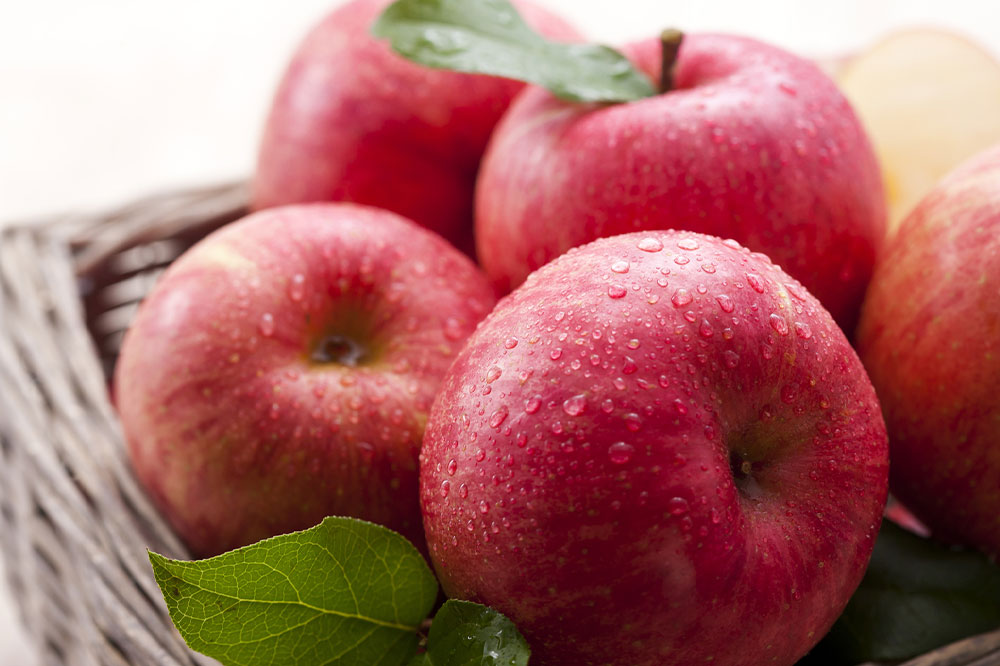Essential Nutritional Strategies to Enhance Lung Health and Combat Respiratory Diseases
Discover effective nutritional strategies to support lung health, prevent respiratory ailments, and boost immunity. This comprehensive guide highlights the best foods, including fatty fish, vitamin A and E-rich foods, berries, and cruciferous vegetables, that enhance respiratory resilience. Incorporating these nutritional choices into your diet can significantly improve lung function and aid in managing respiratory diseases such as MAC. Learn how targeted nutrition can provide natural protection and support for your lungs, helping you breathe easier and stay healthier longer.

Essential Nutritional Strategies to Enhance Lung Health and Combat Respiratory Diseases
The health of our lungs is crucial for overall well-being, especially given the increasing prevalence of respiratory ailments worldwide. While medical treatments play a significant role in managing diseases, emerging research highlights the profound impact of nutrition in supporting lung function, preventing infections, and boosting the body's defenses against respiratory illnesses. This comprehensive guide explores key dietary choices that can strengthen your lungs, reduce inflammation, and improve your quality of life through targeted nutritional strategies.
Incorporating Omega-3 Rich Fish for Anti-Inflammatory Benefits
Fatty fish such as salmon, mackerel, anchovies, and herring are nutritional powerhouses loaded with omega-3 fatty acids. These essential fats are renowned for their potent anti-inflammatory properties, which are fundamental in mitigating inflammation caused by respiratory infections and chronic lung conditions. Regular consumption of omega-3-rich fish can contribute to improved lung elasticity and overall respiratory function. Incorporate these fish into your diet at least twice a week for optimal benefits, whether grilled, baked, or added to salads and soups.
Boosting Lung Repair with Vitamin A-Rich Foods
Apricots, alongside other vitamin A-dense foods, provide essential nutrients that help repair and maintain the lining of the respiratory tract. Adequate vitamin A intake enhances mucosal immunity, reduces susceptibility to infections, and supports cellular repair in lung tissue. Foods such as beef liver, cod liver oil, carrots, broccoli, spinach, and red peppers complement apricots in maintaining a robust respiratory system. Consuming a variety of these foods can optimize lung health, especially in cases of chronic inflammation or post-infection recovery.
Healthy Fats and Vitamin E for Lung Function Enhancement
Olive oil, especially extra virgin varieties, contains alpha-tocopherol—the most active form of vitamin E—beneficial for lung health. Vitamin E acts as an antioxidant, protecting lung tissues from oxidative stress caused by pollutants and free radicals. Incorporate olive oil into salads, dressings, and cooking to gain these benefits. Additionally, nuts and seeds like sunflower seeds, hazelnuts, pine nuts, sesame seeds, and pistachios are excellent sources of vitamin E. However, it is advisable to steer clear of oils such as soybean and canola, which contain gamma-tocopherol, potentially exacerbating lung infections and inflammation.
Antioxidant-Rich Berries to Combat Free Radicals
Berries such as blueberries, strawberries, acai berries, and grapes are rich in antioxidants like anthocyanins and flavonoids that neutralize harmful free radicals. This activity reduces oxidative stress in lung tissues, supports cellular repair, and diminishes the severity of respiratory infections. Regular inclusion of berries in your diet may also help improve overall immunity, making your lungs more resilient against pathogens.
Cruciferous Vegetables with Protective Sulforaphane
Broccoli, along with kale, cauliflower, watercress, cabbage, and Brussels sprouts, contains sulforaphane—a potent compound that activates detoxifying enzymes and promotes the expression of protective proteins such as Nramp1 and HO-1. These enzymes strengthen the lungs' defenses against various infections including MAC disease, asthma, and COPD. Regular consumption of these vegetables supports cellular antioxidant capacity and may reduce the risk of chronic respiratory diseases. Incorporate them into your meals steamed, roasted, or as part of salads for maximum health benefits.





